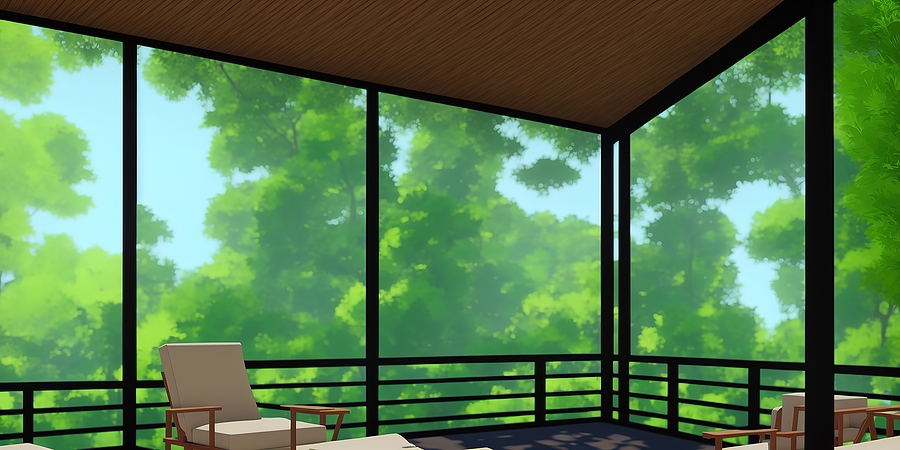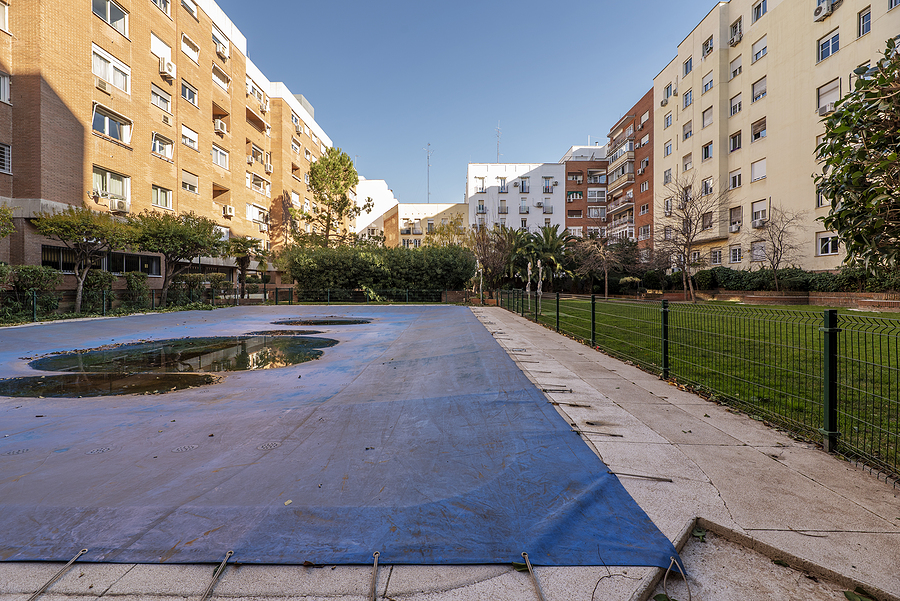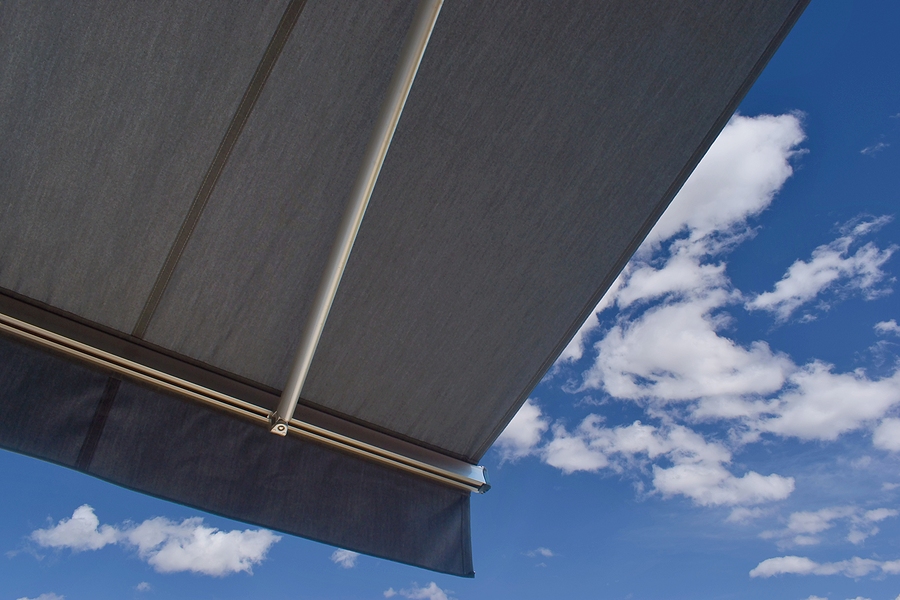When you’re investing in custom canvas tents, the fabric choice is everything. It decides how your tent breathes in the heat, sheds rain, stands up to UV, and looks after years of use. The right material also depends on where and how you’ll use it, such as glamping sites, lake properties, hunting camps, mobile workshops, or seasonal event spaces, all ask for something a little different.
Here’s a clear, no-nonsense guide to help you pick the best fabric for custom canvas tents, with real-world pros and tradeoffs.
Classic Cotton Canvas: Quiet, Breathable, Timeless
Traditional cotton canvas is beloved for a reason. It breathes naturally, reduces interior condensation, and creates that cozy, quiet feel when the wind blows. Properly finished cotton canvas swells when wet, tightening the weave to shed rain while staying comfortable inside. It also holds shape nicely on framed wall tents.
What to know: untreated cotton doesn’t love long, damp storage, so modern tents use marine or camping finishes that add water repellency and mildew resistance. Cotton is heavier per square yard than synthetics, but many owners prefer the hand, drape, and classic look. If you want that heritage style for a lodge tent or glamping setup, cotton canvas is a strong pick.
Poly-Cotton Blends: Balanced Performance
Blends combine cotton’s breathability with polyester’s strength and faster drying. The result is a lighter fabric that resists stretching and UV wear better than straight cotton while keeping interior comfort high.
For mixed weather, travel setups, or tents that move between seasons, poly-cotton is often the sweet spot, less prone to mildew than pure cotton and more forgiving if you have to pack it up before it’s fully dry.
Solution-Dyed Acrylics: UV All-Stars
If your tent lives in the sun, solution-dyed acrylic (the same family used on premium marine tops and retractable awnings) is hard to beat. Color is locked into the fiber, so fading is slow and the fabric stays sharp for years. Acrylics are breathable, water-repellent with the right finish, and great at resisting mildew and staining.
What to know: Acrylics aren’t “plastic tarps,” they’re woven, comfortable, and upscale. They can be paired with interior liners or flysheets to tune warmth and darkness. For showpiece glamping tents or semi-permanent camp structures that must look great all season, acrylic is a top contender for the best fabric for custom canvas tents.
Vinyl-Coated Polyester (PVC): Maximum Weather Block
Need a tent that acts like a soft-sided building? Vinyl-coated polyester brings serious waterproofing, abrasion resistance, and wipe-clean durability. It’s popular for kitchens, mess halls, festival booths, and utility shelters that see heavy traffic and equipment.
Tradeoff: because PVC is non-breathable, you’ll want planned ventilation—screened windows, ridge vents, or mechanical airflow—to control condensation. If your priority is “keep everything dry, always,” PVC delivers.
High-Tenacity Polyester Ducks & Ripstops: Strong, Stable, Light
Modern polyester canvas can be surprisingly sturdy for its weight. These fabrics hold tension well on frames, resist UV better than cotton, and dry quickly. With the right water-repellent and mildew-resistant finishes, they’re a smart option for mobile camps or any tent you set up and take down frequently.
Coatings, Finishes, and The Details That Matter
Two tents made from “the same” fabric can perform very differently because of the finishing:
- Water Repellency: Durable water-repellent (DWR) finishes shed rain; some applications add internal coatings for higher hydrostatic heads.
- Mildew Resistance: Essential for humid or lakeside environments.
- UV Stabilizers: Extend life and color in full sun.
- Weight (oz/yd²): Heavier isn’t always better; match weight to use. Stationary, four-season tents can go heavier; mobile setups benefit from lighter fabrics.
- Seams & Thread: Look for UV-bonded polyester thread, reinforced stress points, and seam sealing where appropriate.
- Hardware: Marine-grade zippers, stainless grommets, and robust tie-outs keep your tent serviceable for years.
Match Fabric to Use Case
- Glamping / Showpiece Tents: Solution-dyed acrylic or premium poly-cotton for comfort + UV elegance.
- Hunting / Base Camps: Cotton or poly-cotton for breathability and quiet nights; add a fly for heavy storms.
- Event & Utility Shelters: Vinyl-coated polyester for waterproof strength and easy cleanup.
- Mobile or Seasonal Setups: Polyester canvas or poly-cotton blends for lighter weight and quick drying.
Style, Shade, and System Thinking
Think beyond the wall fabric. Interior liners, flysheets, and screened panels help you fine-tune airflow, darkness, and weather performance. If your site bakes in the afternoon sun, pairing the tent with retractable awnings extends shade and cuts heat at the entry, turning a good setup into an all-day comfort zone.
Why Canvasworks, Inc.
At Canvasworks, Inc., we build custom canvas tents around your environment, season length, and daily use, not a one-size-fits-all spec sheet. We source marine-grade and field-proven textiles, finish them for real weather, and reinforce high-stress areas so your tent pitches tight and stays that way.
From breathable canvas wall tents to vinyl-armored utility shelters and coordinated shades with retractable awnings, we’ll engineer the right mix for comfort, durability, and looks.
Ready to choose the best fabric for your custom canvas tent? Let’s talk through your site, season, and budget, then spec a build you’ll love for years. Get a custom quote from Canvasworks, Inc.




 © 2024 CanvasWorks Inc. All Rights Reserved.
© 2024 CanvasWorks Inc. All Rights Reserved.